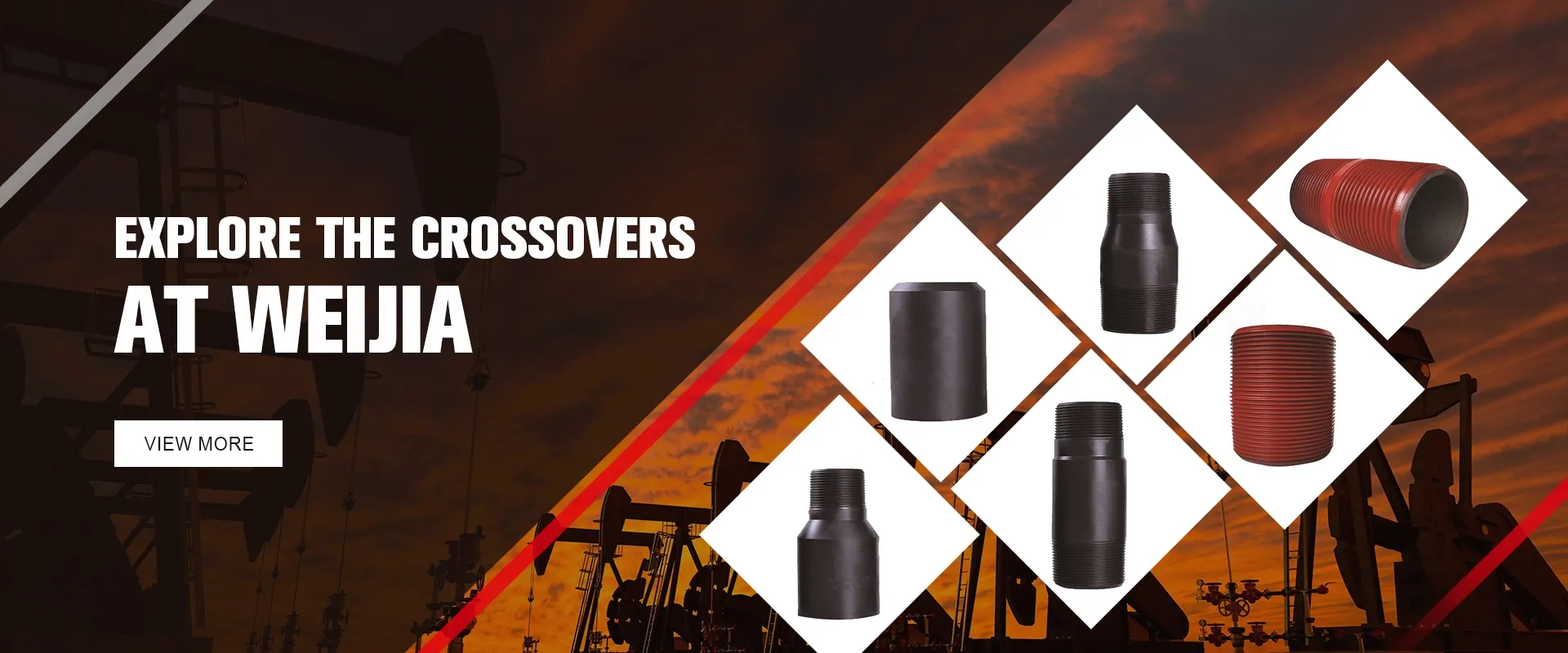- Afrikaans
- Albanian
- Amharic
- Arabic
- Armenian
- Azerbaijani
- Basque
- Belarusian
- Bengali
- Bosnian
- Bulgarian
- Catalan
- Cebuano
- Corsican
- Croatian
- Czech
- Danish
- Dutch
- English
- Esperanto
- Estonian
- Finnish
- French
- Frisian
- Galician
- Georgian
- German
- Greek
- Gujarati
- Haitian Creole
- hausa
- hawaiian
- Hebrew
- Hindi
- Miao
- Hungarian
- Icelandic
- igbo
- Indonesian
- irish
- Italian
- Japanese
- Javanese
- Kannada
- kazakh
- Khmer
- Rwandese
- Korean
- Kurdish
- Kyrgyz
- Lao
- Latin
- Latvian
- Lithuanian
- Luxembourgish
- Macedonian
- Malgashi
- Malay
- Malayalam
- Maltese
- Maori
- Marathi
- Mongolian
- Myanmar
- Nepali
- Norwegian
- Norwegian
- Occitan
- Pashto
- Persian
- Polish
- Portuguese
- Punjabi
- Romanian
- Russian
- Samoan
- Scottish Gaelic
- Serbian
- Sesotho
- Shona
- Sindhi
- Sinhala
- Slovak
- Slovenian
- Somali
- Spanish
- Sundanese
- Swahili
- Swedish
- Tagalog
- Tajik
- Tamil
- Tatar
- Telugu
- Thai
- Turkish
- Turkmen
- Ukrainian
- Urdu
- Uighur
- Uzbek
- Vietnamese
- Welsh
- Bantu
- Yiddish
- Yoruba
- Zulu
Well Casing Coupling Solutions for Enhanced Oil and Gas Extraction Efficiency
Understanding Well Casing Couplers Essential Components in Oil and Gas Operations
In the oil and gas industry, well construction is a critical process, where the integrity of the well is paramount to ensuring safety, efficiency, and productivity. One important aspect of this construction process is the use of well casing couplers. These components serve as connectors between sections of casing pipes, playing a vital role in the overall functionality and reliability of well systems. This article will delve into the importance, types, and applications of well casing couplers in the industry.
What is a Well Casing Coupler?
A well casing coupler is a mechanical device that facilitates the connection between two sections of casing pipes used in well drilling and completion. Casings are large-diameter pipes that are installed in the borehole to maintain its integrity, prevent the collapse of the well, and protect groundwater from contamination. Casing couplers are designed to ensure a secure and leak-free connection between these pipes, which is crucial for the longevity and safety of the well.
Importance of Well Casing Couplers
The significance of casing couplers cannot be overstated. They provide several key benefits, including
1. Structural Integrity Couplers ensure that casing strings are aligned correctly and can withstand the various pressures exerted during drilling, as well as the geological pressures from surrounding formations.
2. Sealing and Leak Prevention A well-sealed joint is essential to prevent the escape of fluids that can lead to environmental contamination or safety hazards. Casing couplers are designed to create tight seals that minimize the risk of leaks.
3. Ease of Installation Couplers can simplify the installation process, allowing for quicker and more efficient assembly of casing strings. This efficiency can significantly reduce downtime during the drilling process.
4. Cost-Effectiveness By ensuring the proper assembly and durability of casing strings, well casing couplers can contribute to lower maintenance costs and increased operational efficiency over the life of the well.
Types of Well Casing Couplers
There are several types of casing couplers, each designed for specific applications and conditions
well casing coupler

1. Threaded Couplers These are commonly used in smaller diameter casing strings. They feature male and female threading, which allows for a secure connection without the need for additional sealing materials.
2. Welded Couplers For larger casing pipes, welded couplers provide a robust connection. The ends of the pipes are welded together, creating a seamless bond that can withstand high pressures.
3. Slip Couplers These couplers are designed to allow for some movement between casing sections, which can be useful in applications where ground movement might occur.
4. Screw Couplers Similar to threaded couplers, screw couplers are designed for reinforced connections and typically include additional features to enhance their sealing capabilities.
Applications of Well Casing Couplers
Well casing couplers are utilized in various applications within the oil and gas industry, including
1. Oil and Gas Wells The primary application of well casing couplers is in oil and gas wells, where they connect different sections of casing to create a united structure capable of withstanding harsh subterranean conditions.
2. Geothermal Wells In geothermal energy extraction, casing couplers are used to ensure the integrity of wells drilled into hot rock formations, preventing the escape of steam and hot water.
3. Water Wells Casing couplers are also utilized in the construction of water wells, contributing to safe and reliable groundwater extraction.
4. Mining Operations In mining, casing couplers are often used to stabilize drill holes and support extraction operations.
Conclusion
In conclusion, well casing couplers are indispensable components in the oil and gas industry, ensuring the safety, integrity, and efficiency of well construction and operation. By providing secure, reliable connections, these devices contribute significantly to the successful extraction of resources while minimizing environmental risks. As technology continues to evolve, advancements in casing coupler design and materials will likely enhance their performance and durability, further supporting the industry's ongoing quest for efficiency and safety. Understanding their role offers insight into the complex world of well construction, showcasing the intricacies and engineering marvels involved in harnessing the Earth's resources.
-
Tubing Pup Joints: Essential Components for Oil and Gas OperationsNewsJul.10,2025
-
Pup Joints: Essential Components for Reliable Drilling OperationsNewsJul.10,2025
-
Pipe Couplings: Connecting Your World EfficientlyNewsJul.10,2025
-
Mastering Oilfield Operations with Quality Tubing and CasingNewsJul.10,2025
-
High-Quality Casing Couplings for Every NeedNewsJul.10,2025
-
Boost Your Drilling Efficiency with Premium Crossover Tools & Seating NipplesNewsJul.10,2025







